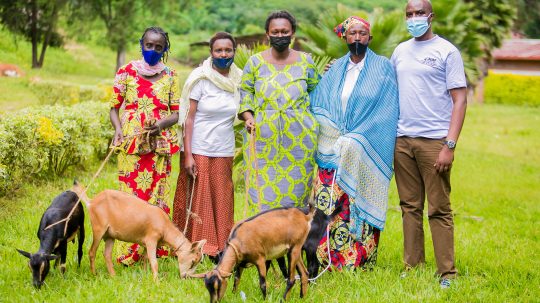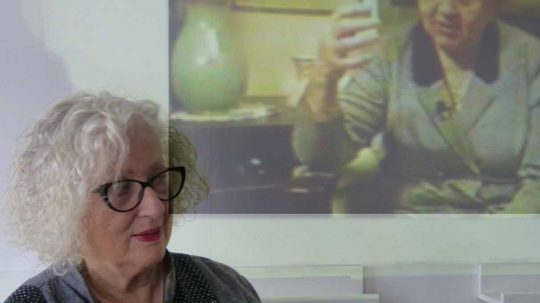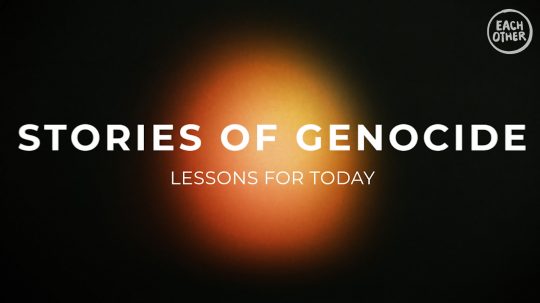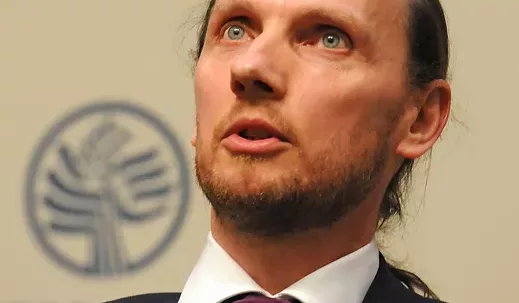What needs to be done to provide justice for migrants and refugees?
The structural racism that exists in society needs to be acknowledged when it comes to immigration. We saw the display of that structural, systemic racism in the Windrush Scandal. It showed us how these policies are manmade and how easily they can be remade. There needs to be societal, structural and systemic change so that we think of reparations in the form of justice, rather than just in the form of financial compensations.
The Windrush Scandal was the perfect example of people who were citizens losing their citizenship overnight. Going back to past genocides, for example, Anne Frank escaped from Hitler’s Germany to the Netherlands because Hitler decided to take their citizenship away. All Jews lost their citizenship. At this very moment, we have the Nationality and Borders Bill going through the Houses of Parliament. A lot of people have suddenly woken up to the fact that their citizenship can be taken away without the government telling us about it.
It’s not enough for us just to resist ‘Clause 9’ in this bill. Arbitrarily taking citizenship away from people is wrong because citizenship should not be some kind of privilege. We should take this more seriously. There are six million people living in this country, who were born in this country that suddenly need to be careful with what they’re saying because some random government official can remove your citizenship with the justification of public interest.
What do we need to do to change the experiences of migrants and refugees in the UK?
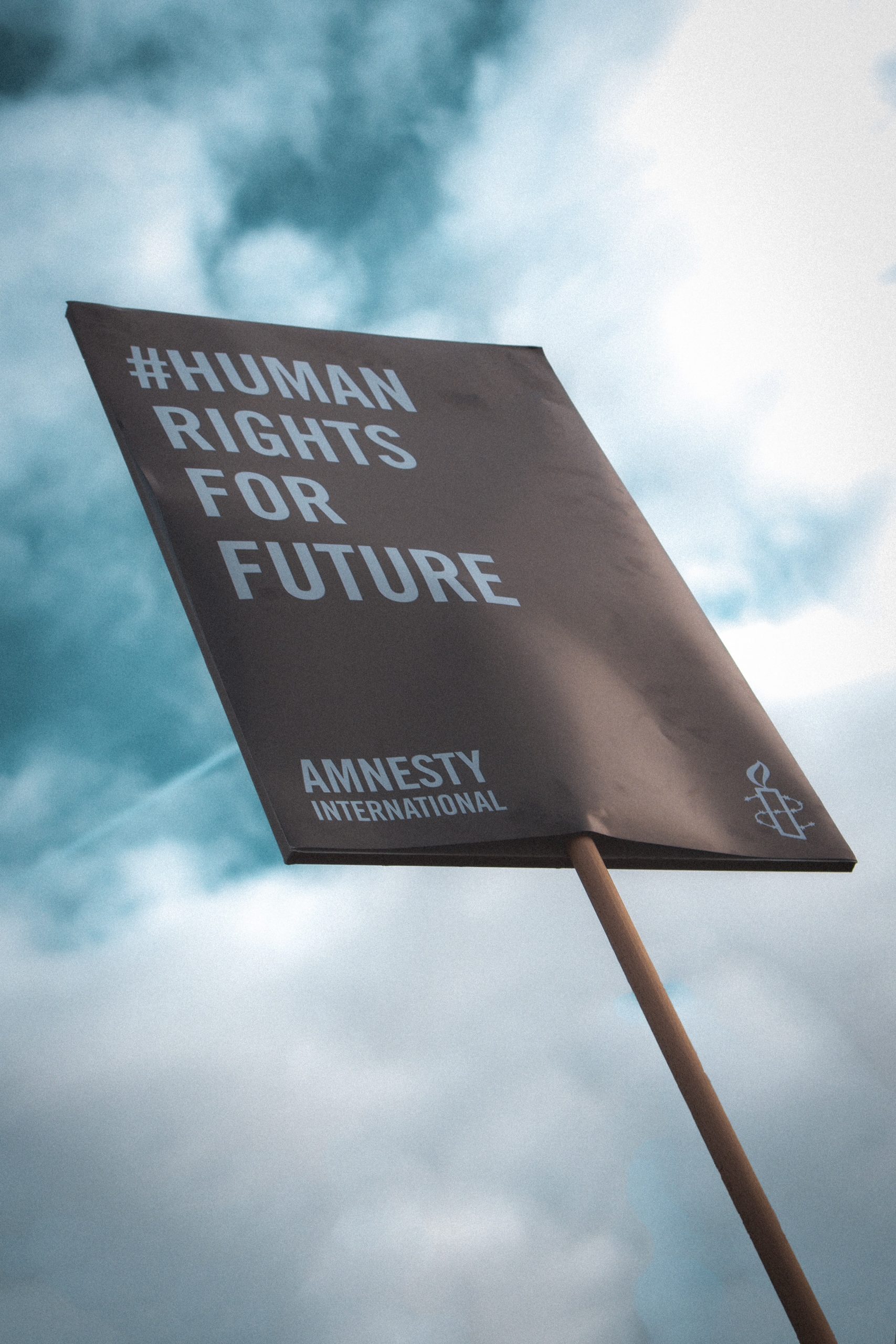
Credit: Christian Lue / Unsplash
We need to listen to the experiences of migrants and refugees. We need to ask questions. What is it that we’re doing to contribute to this hostile and negative experience? And what is it that we can do to change? Why can’t we treat people with dignity and legitimate justice? Where are all these fears are coming from?
We also need leadership because when there is good leadership, things can turn around very quickly. For example, Canada’s rates of recognition are not much better than British, but the leadership in the country and the way immigrants are ingrained as adding value, that’s completely different to the UK. At the moment, we have leadership that is emphasising hostility because their polls are telling them that’s what the British people want to hear. There is no alternative voice, so we really need an alternative vision, which we’re also not getting from opposition parties because, again, they’re too scared. Nobody wants to look soft on immigration right now.



